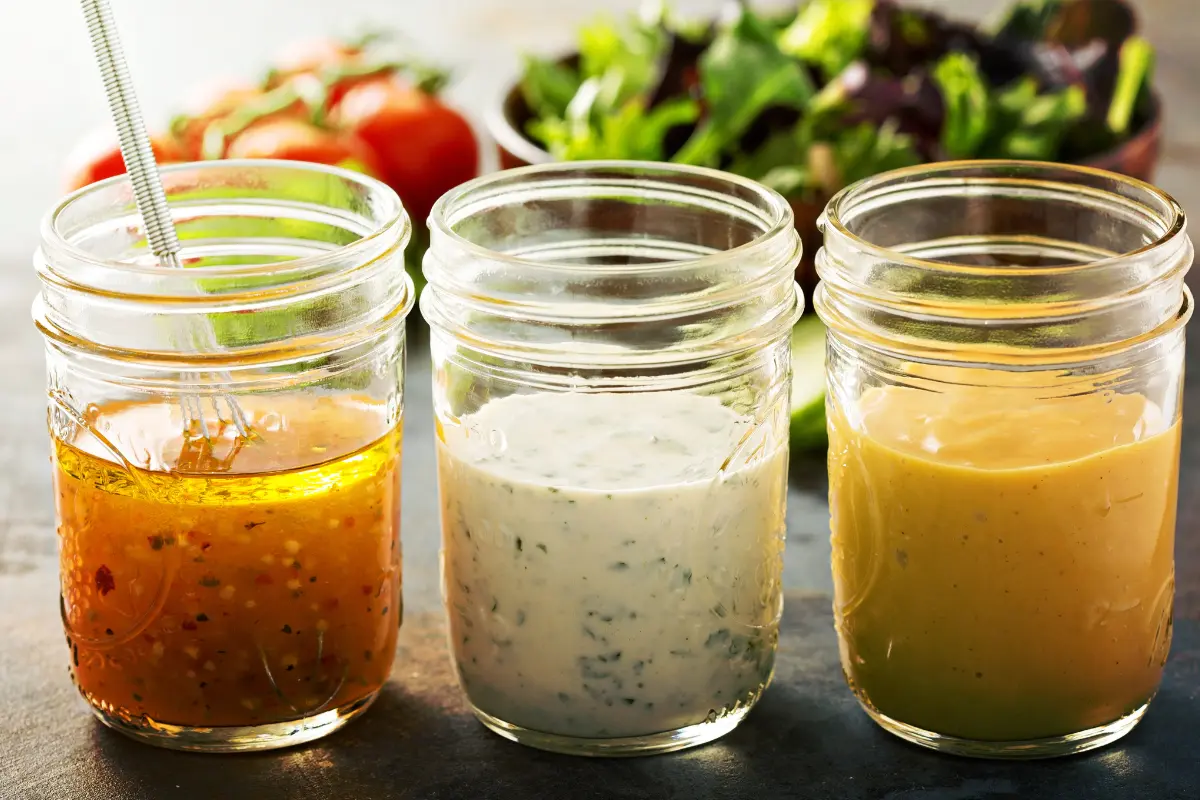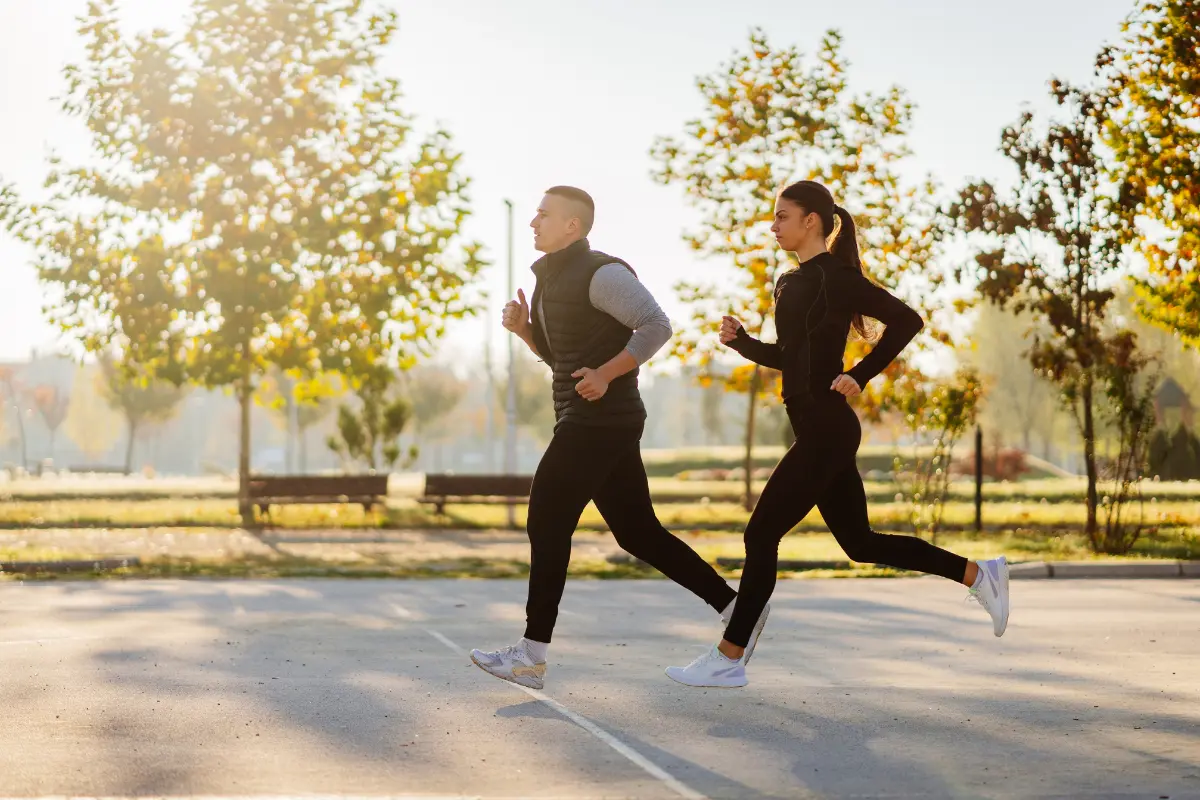
Hydration extends far beyond simply drinking water; it's intricately linked to maintaining a proper mineral balance within the body. When athletes sweat, they lose essential minerals, known as electrolytes. Without adequate replenishment, dehydration becomes inevitable, compromising performance and hindering recovery. Therefore, electrolytes for athletes are truly non-negotiable for anyone who moves their body, from weekend warriors to Olympic competitors.
Why Electrolytes for Athletes are Non-Negotiable
What Are Electrolytes and What Do They Do?
Electrolytes are vital minerals distributed throughout the body, primarily in blood and other bodily fluids. These minerals are responsible for generating and carrying electrical signals (both positive and negative charges) that control a multitude of critical bodily functions. This includes regulating fluid balance, supporting nerve and muscle function, maintaining optimal pH levels, and facilitating the transport of nutrients while removing waste products.
As you can see, electrolytes are fundamental for basic bodily functions and become even more essential during athletic performance. They are indispensable for muscle contraction, maintaining adequate hydration (crucial for preventing cramps!), and ensuring efficient nutrient delivery to cells while simultaneously clearing metabolic waste.
Here's a breakdown of key electrolytes and their specific functions:
Sodium: Primarily responsible for maintaining fluid balance outside the cells and playing a vital role in nerve impulse transmission.
Advertisement
Potassium: Predominantly found inside the cells, potassium is critical for nerve and muscle function, particularly in maintaining a steady heart rhythm. It's also involved in nutrient transport and waste removal.
Chloride: A negatively charged mineral that works in conjunction with sodium outside the cells. Chloride helps maintain ideal fluid balance and blood pressure, and is heavily involved in regulating pH levels, especially in the stomach for optimal digestion.
Calcium: The most abundant mineral in the body, found primarily in bones and teeth. Beyond its structural role, calcium is crucial for muscle contractions (including the heart), nerve transmission, hormone release, and blood clotting.
Magnesium: Involved in over 300 biochemical reactions in the body, magnesium is essential for maintaining normal nerve and muscle function, a steady heartbeat, a healthy immune system, regulating blood glucose, and energy production.
Electrolytes and Athletic Performance
Without adequate electrolyte levels, muscle contraction will be significantly limited. Sodium, potassium, calcium, and magnesium are particularly vital for triggering muscle contraction and relaxation. These same minerals are instrumental in delivering signals from the brain to the muscles, directly impacting coordination, reaction time, and overall athletic prowess.
Advertisement
Even a slight deficiency in any of these minerals can compromise an athlete's ability to perform and make critical decisions during crucial moments, such as during competitions. In sports where fractions of a second can separate first and second place, the importance of electrolytes in sport becomes unequivocally clear.
The Importance of Electrolytes For Athletes: More Than Just Hydration
The importance of electrolytes for athletes extends beyond competition day. The ability to perform well under pressure is built during rigorous training sessions, where electrolyte balance is equally vital. Training can be hard and grueling on its own; without the necessary electrolytes on board, training becomes exponentially more difficult and less productive.
How Electrolyte Balance Impacts Performance
An electrolyte imbalance athletes experience can lead to:
Slowed Reaction Time: You simply won't move as quickly, impairing your ability to react to changing situations.
Reduced Power Output: There will be less force and speed behind your movements, ultimately hindering strength gains and athletic potential.
Advertisement
Increased Fatigue (Mental and Physical): Without the necessary physiological support to push harder, performance will inevitably fall short.
To ensure peak performance and optimal recovery, athletes should focus on the best electrolyte sources through a balanced diet and, when necessary, targeted supplementation.
The Link Between Electrolyte Balance and Recovery
For athletes, optimizing recovery isn't just about resting; it's about rapidly healing and preparing muscles for future demands. This is where the importance of electrolytes for athletes truly shines. These vital minerals, like sodium, potassium, and magnesium, are behind everything from precise muscle contractions to efficient fluid balance. When an athlete's electrolytes are in check, nutrients quickly reach tired muscles and waste products, like lactic acid, are efficiently flushed away. This not only directly helps prevent painful muscle cramps and reduces soreness but also supports critical functions like protein synthesis, which is essential for muscle repair and growth.
Electrolyte Imbalance in Athletes: Signs, Causes, and Solutions
Common Symptoms of Electrolyte Imbalance
Ignoring an electrolyte imbalance can lead to serious health issues, so it's crucial to pay attention to your body. If you experience any of the following, it's important to rehydrate promptly and consider your electrolyte intake:
Headaches
Advertisement
Confusion
Nausea and Vomiting
Diarrhea
Difficulty sleeping
Rapid breathing
Advertisement
Restlessness
Fatigue and Muscle weakness
Muscle twitching, cramping, or spasms
Numbness or tingling
More severe symptoms, which often warrant immediate medical attention, include abnormal heart rhythms, kidney stones, slowed heart rate, or low blood pressure. We recommend taking action at the very first sign of a possible electrolyte imbalance to prevent these more serious complications.
Advertisement
What Causes Electrolyte Imbalance in Athletes?
Anyone can experience an electrolyte imbalance, but athletes are uniquely susceptible due to the significant fluid and mineral loss that occurs through sweat. This risk escalates dramatically with increased physical activity, especially during seasonal shifts to hotter temperatures, which naturally elevate sweat rates. A common pitfall is replacing only water without electrolytes; this dilutes the remaining essential minerals, leading to an imbalance. Furthermore, a poor diet rich in ultra-processed foods – which often provide ample sodium but lack other vital electrolytes – can also contribute significantly to this issue, hindering the overall importance of electrolytes for athletes.
The Best Electrolyte Sources for Athletes: Whole Foods & Smart Supplements
Whole Food Sources of Electrolytes
The best electrolyte sources for improving overall electrolyte status come from a diet rich in whole, unprocessed foods. These natural sources not only perform optimally within your body but are generally more cost-effective. Sodium is found in sea salt, broths, shrimp, and dairy products.
Beyond bananas, potassium is abundant in avocados, watermelon, oranges, sweet potatoes, spinach, coconut water, and dried fruits. Magnesium can be sourced from leafy greens, nuts, seeds, legumes (like black beans!), dark chocolate, and whole grains. While dairy contains calcium, fortified plant milks and various leafy greens are also excellent for increasing calcium intake. Chloride is typically consumed alongside sodium as common table salt.
Choosing a Quality Electrolyte Supplement
While whole foods are ideal, they aren't always convenient, making supplements a practical alternative. However, not all supplements are created equal. When assessing an electrolyte supplement, look for key electrolytes and their ratios. Sodium is the most critical mineral to prioritize, especially if you're exercising in hot/humid environments, are a heavy sweater, or engaging in prolonged activity; it should typically be the highest in ratio. Potassium should be the next largest mineral, ideally in a 3:1 or 5:1 (sodium to potassium) ratio, with around 100-300mg per serving. Magnesium is needed in smaller amounts, roughly 50-100mg per serving. Don't be misled by products boasting electrolytes if their listed amounts are significantly lower than these recommendations.
Consider the carbohydrate (sugar) content as well. For workouts exceeding 60 minutes or those of high intensity, carbohydrates are very beneficial for maintaining energy and delaying fatigue. Aim for approximately 14-20g of carbs per 8 ounces, as too much sugar can sometimes lead to gastrointestinal distress. Lastly, scrutinize the ingredients list. Avoid artificial colors, flavors, and excessive sweeteners that could cause digestive upset. Instead, opt for natural sweeteners like monk fruit or stevia, and natural flavorings from juices or extracts. Crucially for athletes, always seek supplements with third-party testing certifications such as NSF Certified for Sport®, Informed-Sport, or BSCG to ensure they are free from banned substances and harmful ingredients.
Advertisement
How to Optimize Electrolytes for Athletes Based on Your Training
Pre-, Intra-, And Post-Workout Electrolyte Guidelines
Your daily diet, rich in a variety of whole, unprocessed foods, should be the primary source of your baseline electrolytes for athletes.
Pre-Workout Electrolytes
Before exercise, ideally 2-4 hours prior, aim to drink 16-20 oz of water with a small amount of sodium (e.g., a pinch of salt or a salty snack like pretzels).
Intra-Workout Electrolytes
Intra-workout hydration is paramount, especially for activities over an hour, in hot/humid weather, or if you're a heavy or "salty" sweater. Electrolytes can be consumed via powders (individual packets or tubs), tablets, ready-to-drink beverages (mind sugar content), coconut water, or even energy gels/gummies that contain them. The key is to sip regularly; avoid chugging. While listening to your thirst is important, be aware it can sometimes lag behind actual dehydration during intense exercise.
Post-Workout Electrolytes
After your workout, focus on drinking 16-24 oz of water for every pound of body weight lost, ensuring fluids contain sodium to aid retention, and fuel up with a post-workout meal rich in fruits and complex carbohydrates to further replenish electrolytes and energy.
Adjusting Intake for Climate, Sweat Rate, and Sport
Just like with nutrition, electrolyte intake needs to be personalized. Smaller athletes generally require less than larger athletes. Hot and humid environments significantly increase sweat loss, demanding greater electrolyte consumption. Endurance athletes, due to the prolonged duration of their exercise, typically require more electrolytes than most strength athletes.
Advertisement
Avoiding Electrolyte Imbalance: Tips for Consistent Performance
Monitoring Your Intake Without Overthinking It
Maintaining electrolyte balance doesn't have to be complicated. A simple yet effective tool for monitoring hydration status is regularly checking your urine color and frequency. If your urine is consistently pale yellow and you're urinating every 1-2 hours, it's a strong indication that your hydration regimen is on point.
Darker, less frequent urine, however, signals a need for increased hydration. Paying attention to how much you sweat and whether your sweat is salty are also excellent indicators for adjusting your electrolyte intake; add more on days with sweatier workouts. During training, monitor subjective feelings and symptoms like unusual fatigue, muscle cramping or spasms, headaches, lightheadedness, or reduced performance, as these can all be signs that your hydration and electrolyte levels need attention.

When to Seek Help or Check Your Levels
If you're unsure of your individual sweat rate, especially in less humid climates, you can perform a simple test: weigh yourself naked before and immediately after a training session to determine your fluid loss. A loss greater than 1.5 liters of fluid per hour (approximately 1.5 kg or 3.3 lbs) indicates a high sweat rate, warranting a more aggressive replenishment protocol.
For personalized guidance and to remove any guesswork, working with a certified nutrition professional or Registered Dietitian Nutritionist can provide tailored hydration strategies.
Advertisement
Electrolytes for Athletes: Building a Personal Hydration Strategy
Combining Food, Fluids, and Supplements for Optimal Support
An effective hydration protocol combines multiple strategies. Start with a daily diet rich in a variety of whole, unprocessed foods – fruits, vegetables, whole grains, legumes, lean proteins (including dairy), nuts, and seeds – to provide most of your essential electrolytes.
About 2-4 hours before exercise, consume 16-20 oz of water, lightly salted, potentially alongside a salty meal or snack. During exercise in hot/humid environments or lasting over an hour, opt for a quality electrolyte supplement containing balanced amounts of sodium, potassium, and magnesium.
Post-exercise, drink 16-24 oz of water for every pound of body weight lost, ensuring it contains sodium, and refuel with a nutrient-dense post-workout meal or snack, like a protein smoothie made with milk, banana, spinach, and a tablespoon of salty peanut butter. It's truly that straightforward!
Why "More" Isn't Always Better
While electrolytes for athletes are essential, simply consuming "more" can be just as detrimental as too little. Overloading can lead to its own set of dangerous imbalances. Stick to recommended dosages initially and adjust based on your specific sweat rate, the saltiness of your sweat, and your performance, ensuring a balanced and effective approach.
Don't Sleep on the Importance of Electrolytes for Athletes
The profound importance of electrolytes in sport cannot be overstated; they are absolutely essential for athletic function. For most individuals, a balanced diet primarily composed of whole, unprocessed foods will likely provide all the necessary electrolytes.
Advertisement
However, when temperatures rise or activity becomes prolonged and intense, strategic supplementation can become incredibly beneficial. As with all aspects of nutrition, experimentation and personalization are key to figuring out precisely what your body needs to thrive. Working with a knowledgeable coach or nutrition professional can help guide you in developing your optimal hydration and electrolyte protocol.
References:
Redmond Life. (n.d.). What is the “correct” sodium:potassium ratio for electrolytes? Redmond Life Knowledge Base. Retrieved from https://kb.redmond.life/what-is-the-correct-sodiumpotassium-ratio-for-electrolytes
Alex Oskian
Alex is a WAG Coach, Registered Dietitian, and Certified Strength and Conditioning Specialist with a Masters Degree in Exercise Science. Outside of working with her clients, you can find her at her local gym, getting active outside, playing with her dog and cat, enjoying a coffee, or hanging with her husband.
Schedule a Free Intro Call
Working Against Gravity has led the macro tracking and health space for over a decade. Our team doesn’t just understand the science of nutrition—we’ve spent years mastering the art of tailoring it to fit your life. That means no cookie-cutter plans, just real strategies that have worked for over 30,000 people.
Schedule a free call with our team to learn how working with a 1-on-1 WAG coach will help you reach your goals.



